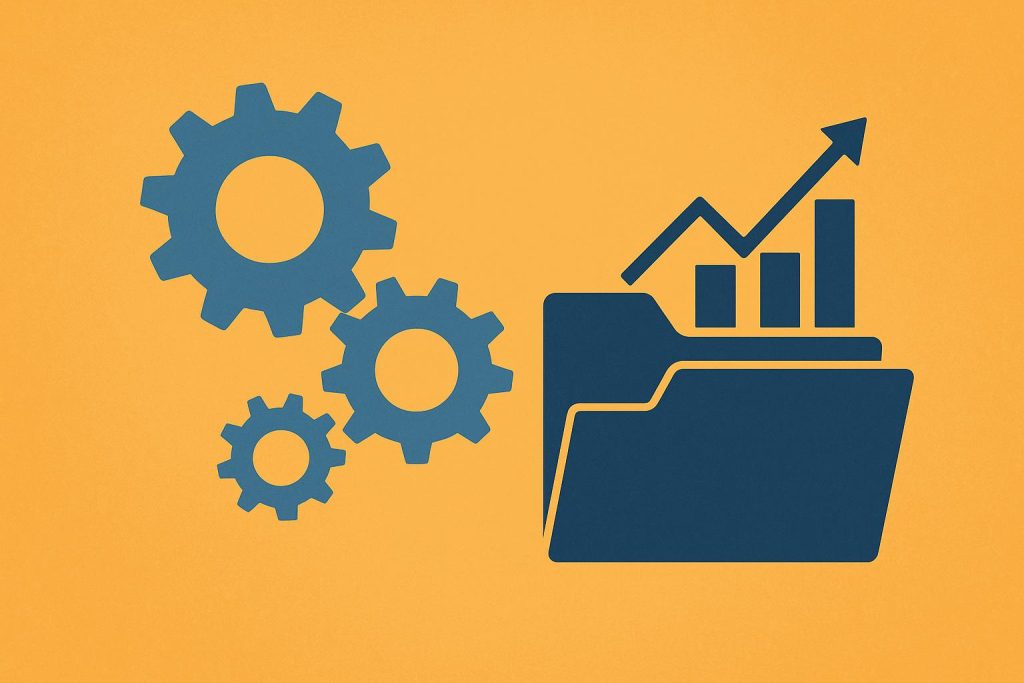Debt is a reality for many households and businesses, but managing multiple payments, high interest rates, and confusing terms can make financial life feel overwhelming. That’s where consolidation comes into the picture. Some people turn to programs like National Debt Relief to help manage their financial load, while others explore do-it-yourself approaches with banks or credit unions. The important thing to remember is that consolidation is not a magic fix—it’s a tool. And like any tool, it works best when used under the right circumstances.
Improving Cash Flow
One of the strongest reasons to consolidate is to improve cash flow. Instead of juggling five or six different payments each month, consolidation combines them into one. This reduces the stress of multiple due dates and can free up more money for day to day living. For a business, it can mean having more liquidity to invest back into operations. For a family, it can mean more breathing room in the budget, making it easier to cover essentials without constantly worrying about falling behind.
Reducing Overall Costs
High interest rates are often the real enemy of financial progress. If your debts carry double digit interest, much of your payment may go toward interest rather than the principal. Consolidation makes sense if you can secure a loan or program with a lower rate. Over time, this can significantly reduce how much you pay. But it’s important to read the fine print. Some consolidation options come with fees or longer repayment periods that can offset the savings. Always compare the total cost, not just the monthly payment, before moving forward.
Simplifying Finances
The mental load of debt is often underestimated. Having a dozen bills arriving at different times can cause confusion and missed payments, which damage credit scores. Consolidation simplifies the picture. With one payment to track, it’s easier to stay on schedule and avoid mistakes. This simplicity also helps when you’re making long term plans, because you can see exactly how much you owe and when you’ll be debt free if you stay consistent.
The Role of Creditworthiness
Consolidation only works well if you qualify for good terms. Lenders look at your credit score, income stability, and existing debt levels to decide what kind of offer to give you. If your credit is in poor shape, consolidation may not reduce your costs at all—it could even make them higher. On the other hand, if your credit is decent, you might secure a much better interest rate and repayment structure. Knowing your credit profile before pursuing consolidation is key to making sure it helps rather than hurts.
What Consolidation Is Not
A big misconception is that consolidation solves the underlying problem of debt. The truth is, it only rearranges the way you pay. If overspending or lack of budgeting caused the debt in the first place, consolidation won’t fix those habits. Without discipline, people often end up racking up new debt while paying off the old, which can make the situation worse. Consolidation makes sense only when it’s paired with real changes in financial behavior. Otherwise, it’s like patching a leak without fixing the pipe.
When Businesses Should Consider It
For a business, consolidation is often about strategy rather than survival. It can help lower carrying costs, free up working capital, and streamline accounting. If the business has strong fundamentals and good credit, consolidation can be a smart move to optimize operations. But if the business is struggling due to poor sales or lack of planning, consolidation is only a temporary bandage. The underlying issues must be addressed for consolidation to have a lasting benefit.
The Emotional Side of Simplification
There’s also a psychological advantage to consolidation. Paying down one loan instead of juggling many can feel less overwhelming, which makes it easier to stay motivated. Financial stress can impact sleep, health, and relationships, so simplifying the repayment process has benefits that go beyond money. While emotional relief alone isn’t a reason to consolidate, it’s a valuable side effect when the numbers also make sense.
Making a Smart Decision
Consolidation is worth considering when it helps you save money, simplifies your life, and fits within a realistic budget. It should be part of a larger financial plan that includes responsible spending and long term goals. Before committing, weigh the costs and benefits, and consider seeking professional advice to ensure it truly works in your favor. Used wisely, consolidation can be the first step toward regaining control and building a stronger financial future.

